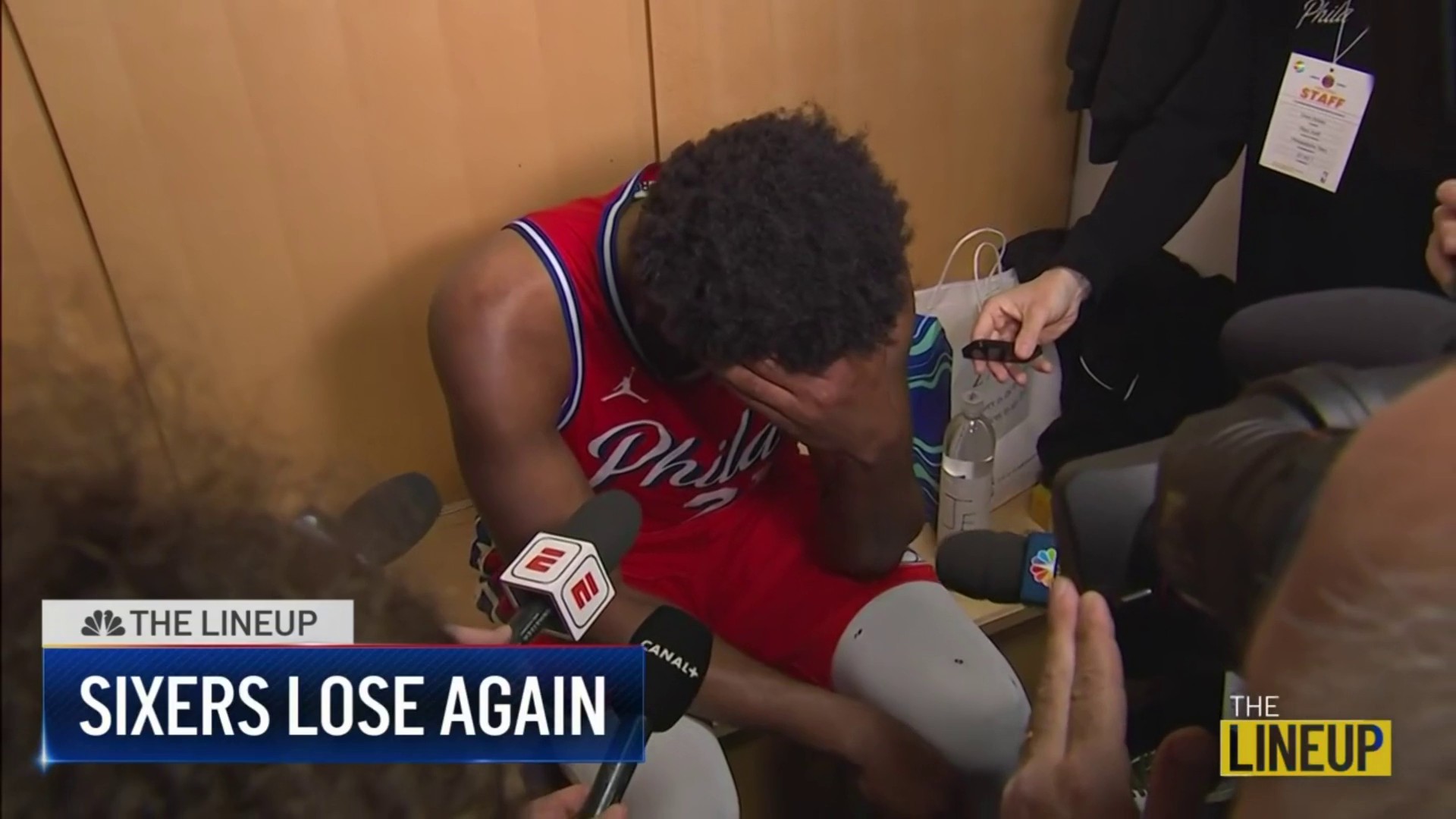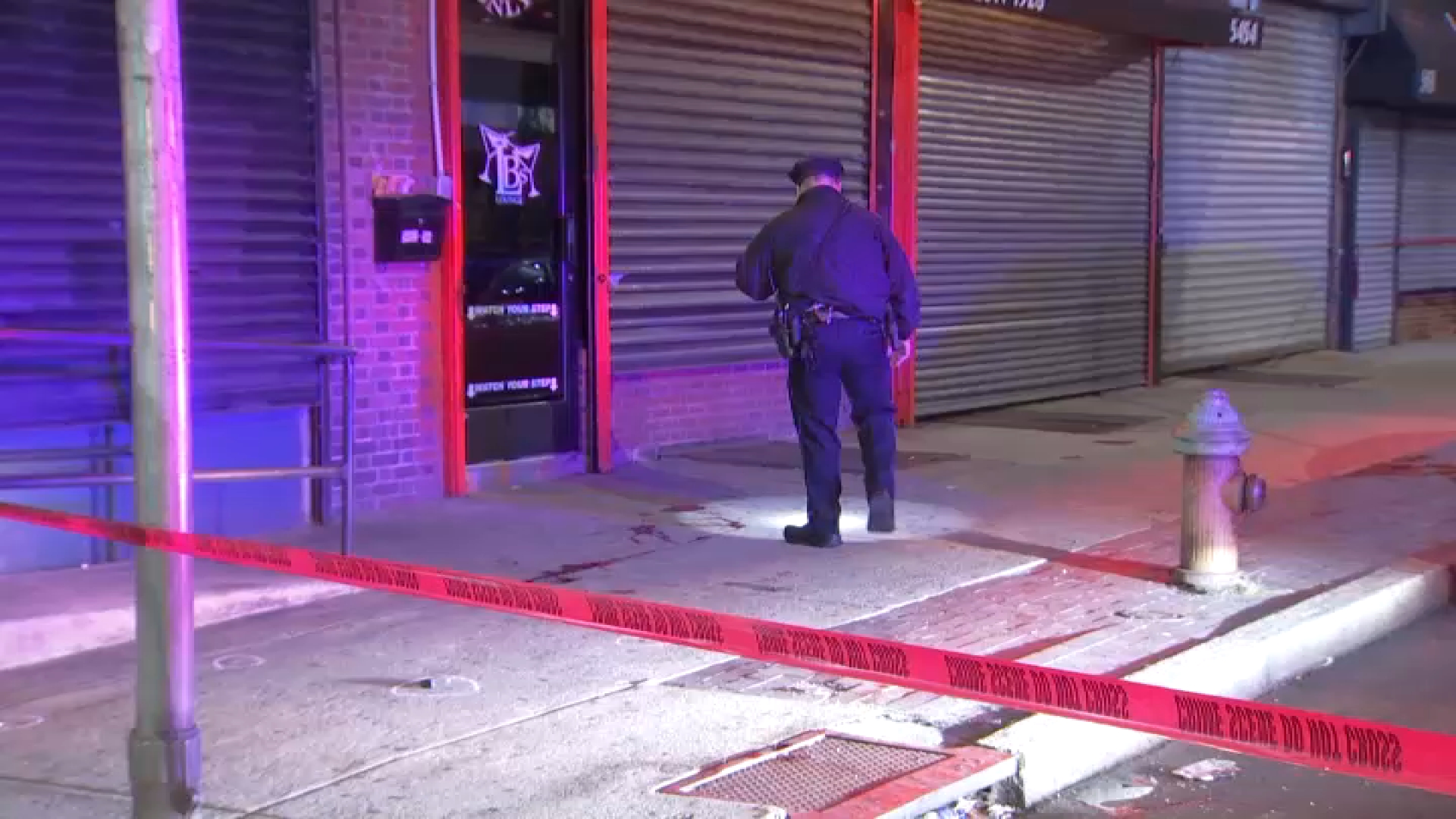A court ruling against a Lehigh County teen charged with downloading child pornography is sparking controversy.
Police found child pornography on the 17-year-old boy’s laptop in 2010. The teen had just graduated from high school and was planning on attending Temple University when he admitted to one count of sexual abuse of children, a felony. The teen’s lawyer, Gavin Holohan, tells NBC10 his client obeys the rules of his probation and has learned from his mistakes.
“At the time he did it, he didn’t have any idea of how big a concern it was,” said Holohan.
While that information normally remains confidential, an Allentown Judge ordered that Temple University be notified of the case and the Superior Court of Pennsylvania agreed. Marsha Levick, the Deputy Director of the Juvenile Law Center, tells NBC10 this will only hurt the teen and his future.
“Juvenile offending remains something that is a part of one’s youth and adolescence,” said Levick. “By the time they get to college and post high school educational opportunities they get to put that behind them.”
“I don’t think anyone who has dealt with him is concerned about him repeating his behavior,” said Holohan.
The Court claims however they can’t be sure a high school student who poses a threat will stop presenting a threat when they enroll in college. They released the following statement:
Local
Breaking news and the stories that matter to your neighborhood.
We cannot conclude that a child who is adjudicated delinquent of a felony presents a danger to elementary, middle and high school students, but ceases to present a danger once the delinquent child enrolls in college.
The Juvenile Court stated that it wants appellant to attend Temple and it did not wish to ruin his career.
If notified, Temple University would be able to offer appellant any support, counseling or programs they have to offer while still taking measures to protect its own interests.
The Juvenile Court noted that Temple could make a determination as to whether appellant should be given a single room to himself as opposed to living with a roommate. Temple may also be able to restrict his computer and Internet access and usage.
Holohan argues that’s not the University’s role and it’s not what the state law requires.
“Notification to the University, in my opinion, serves no purpose other than to have him ostracized and to potentially risk him getting excluded or retaliated against at school,” said Holohan.
Holohan tells the Philly Burbs the Juvenile Act requires court officials inform the principals of the public, private or parochial school the student attends but says nothing about notifying colleges. He plans to appeal the court’s ruling by the end of the week. Temple University tells NBC10 they need time to figure out what the ruling means for them before they take any action.



